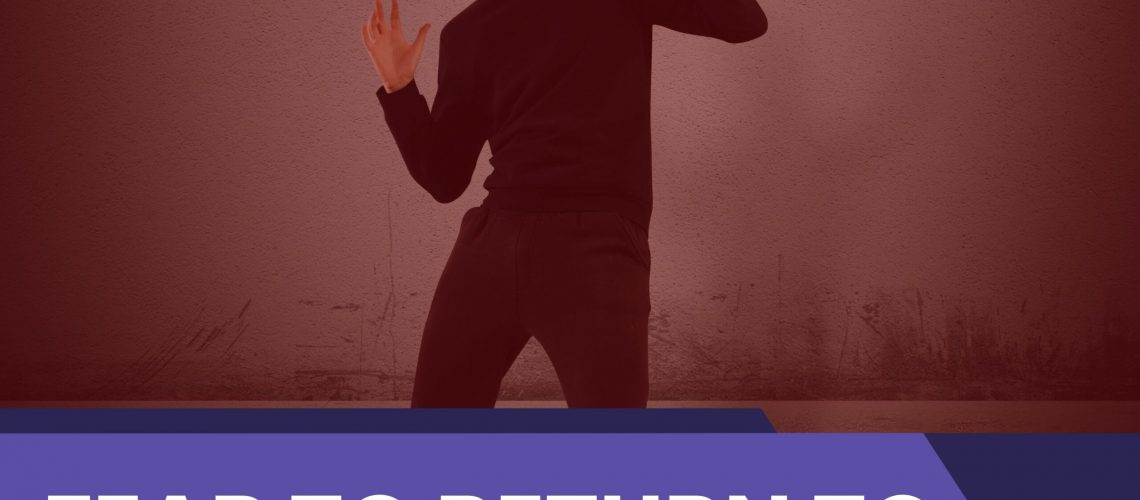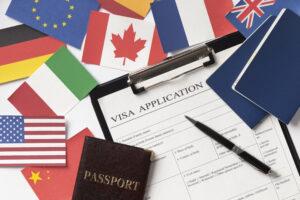Introduction
Our immigration attorneys can assist you with your Onshore Protection Visa, including training and interview preparation, as well as an AAT appeal of your protection visa denial. International students and tourists who are afraid to travel back to their home countries and who want to live permanently in Australia make up the majority of our protection visa clients. In helping citizens of China, Pakistan, India, Fiji, Malaysia, Iran, Nepal, Mauritius, Afghanistan, Egypt, Sri Lanka, and many other nations, we have a track record of success. Additionally, we may be the only migration agency in Australia to actually prepare clients for protection visa interview questions through mock interviews.
SUBCLASS 866 VISA
A Conference of Plenipotentiaries of the United Nations adopted the Refugee Convention on July 28, 1951, in Geneva. On January 22, 1954, Australia joined the Convention as a party. On April 21, 1954, the Refugee Convention went into effect.
Australia has ratified both the 1967 Protocol and the 1951 Refugee Convention. This indicates that Australia has freely agreed to abide by their provisions in good faith and to take the required actions to give such treaties legal force on a local level (Vienna Convention on the Law of Treaties, Article 26).
In accordance with Article 33(1) of the Refugee Convention, Australia is prohibited from:
Expel or refouler a refugee in any way to the borders of nations where his life or freedom would be in danger due to his race, religion, nationality, membership in a specific social group, or political beliefs.
TOP PROTECTION VISA COUNTRIES
MYANMAR
On the morning of February 1, 2021, democratically elected members of the National League for Democracy (NLD), the country’s ruling party, were overthrown by the Tatmadaw, Myanmar’s military, who then transferred control to a stratocracy. This event is known locally as the Spring Revolution. At least 737 protestors and onlookers, including at least 44 children, have been murdered by military or police forces as of 18 April 2021, and at least 3,229 people have been imprisoned. The Tatmadaw declared a one-year state of emergency and said that Commander-in-Chief of Defence Services Min Aung Hlaing was now in charge. Even if the majority of people in Myanmar are happy with the election results, it declared the results of the general election in November 2020 unconstitutional and indicated its intention to organize a fresh election when the state of emergency ends. Since February 1st, 2021, violent protests and a crackdown have rocked the nation. After years of quasi-democracy, the coup restored full military power.
PAKISTAN
Under the guise of national security, the Pakistani government is increasingly stifling the critical voices of journalists and activists. Torture, extrajudicial killings, and forced disappearances are all tolerated, and security forces have disproportionate political influence over civil authorities. Blasphemy-related violence against religious minorities is common, and it is encouraged in part by official persecution and unfair legislation. Forcible marriages and “honor” killings have been among the injustices against women and girls that authorities have failed to adequately protect or hold accountable. Since the government ended an unofficial moratorium on the death sentence in late 2014, more than 490 people have been put to death.
MALAYSIA
The Pakatan Harapan coalition, led by former prime minister Mohamad Mahathir, defeated the ruling UMNO-led coalition that had ruled Malaysia since independence in May 2018 after more than 60 years in power. Mahathir had founded a new party and joined forces with longtime political rivals to unseat his former protege, Najib Razak. Expectations for the incoming administration are high because it ran on an election platform promising to remove unjust legislation and make Malaysia’s human rights record “respected by the world.” The new administration will have a difficult time upholding its commitments to human rights because of a number of rights-restricting laws already in place, a police force with a history of misconduct and impunity, and government institutions that were weakened by the previous administration’s attempts to maintain political control and silence criticism of government corruption.
CHINA
One-party authoritarian China continues to systematically restrict fundamental rights. The government has unjustly jailed and punished hundreds of activists, human rights attorneys, and defenders since President Xi Jinping took office in 2013. By enacting a number of new laws that characterize the activity and peaceful criticism as risks to state security, it has increased control over nongovernmental organizations, activists, the media, and the internet. Several critics were kidnapped and forced to vanish by the government in 2016 in Hong Kong and other nations. The Xinjiang and Tibet regions that are home to ethnic minorities continue to be under the government’s harsh oppressive authority. Despite laws prohibiting it, torture in detention is nonetheless often utilized, including against Communist Party members who are convicted of wrongdoing.
INDIA
Pro-BJP vigilantes have attacked religious minorities, underserved groups, and government critics while the Bharatiya Janata Party was in power. Violence has been exacerbated by the government’s reluctance to look into attacks while advancing Hindu nationalism and superiority. Fundamental rights, women’s equality rights, and security force accountability were strengthened by Supreme Court decisions in 2017. Security personnel still act arbitrarily when making arrests, torturing people, and carrying out extrajudicial killings. The hurdles to reporting such crimes have not been eliminated by new laws and regulations intended to provide justice for sexual violence survivors. Targeting nongovernmental organizations that criticize the government is done through foreign financing regulations.
BANGLADESH
The Bangladeshi government has stepped up its repression of the press, critics, and civil society. While failing to defend bloggers, LGBT rights campaigners, and religious minorities from violent and frequently fatal attacks by militant groups, authorities have killed and disappeared members of the political opposition. In response to extremist violence, the government has continued to utilize extrajudicial killings, arbitrary detentions, and enforced disappearances by security personnel. The administration, which is becoming more and more totalitarian, consistently tramples on the rights to freedom of speech and assembly. One of the highest rates of child marriage in the world is in Bangladesh.
About Us
Since 1888, we have been offering assistance and support for all types of Visas in Australia. We’ll make sure your application is processed correctly and quickly – so that it meets the requirements necessary to enter this great country! We provide comprehensive solutions to the candidates and support them throughout the entire Visa journey.
Please call our office on 02 9286 8700 or email: ppmail@ppilaw.com.au
Parish Patience Immigration Lawyers is here to assist if you wish to move to Australia as a skilled worker and require professional advice.
Book a Consultation for Expert Advice on subclass 866 Visa.










